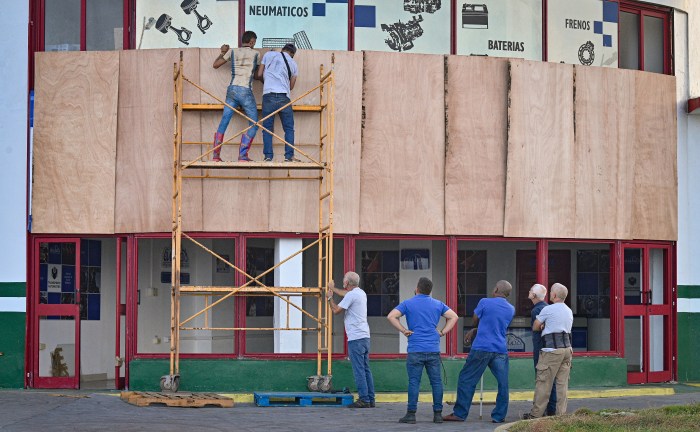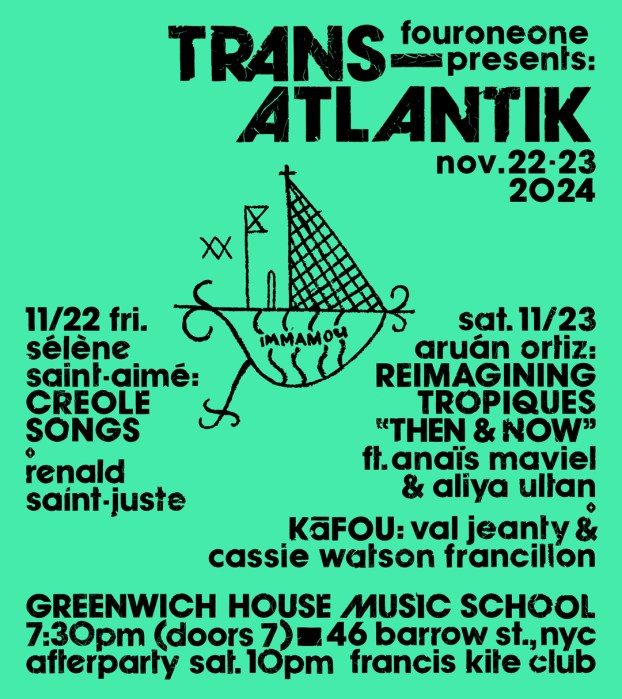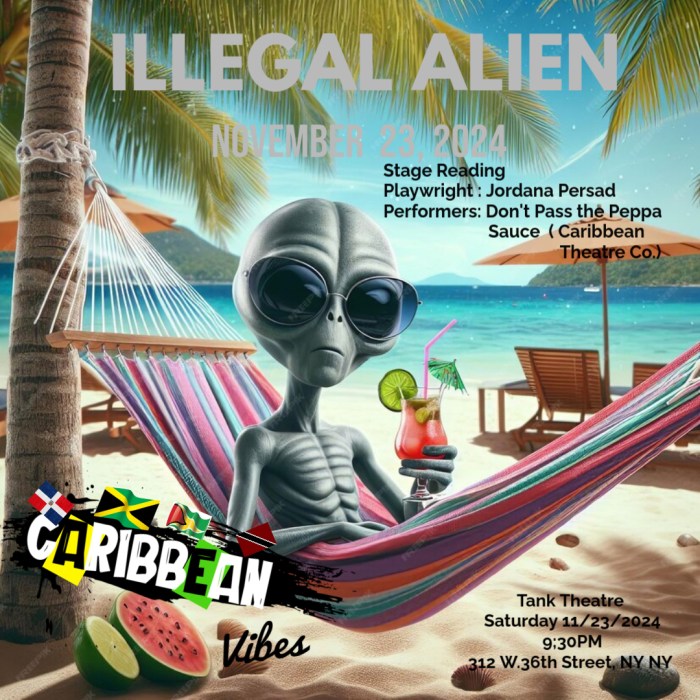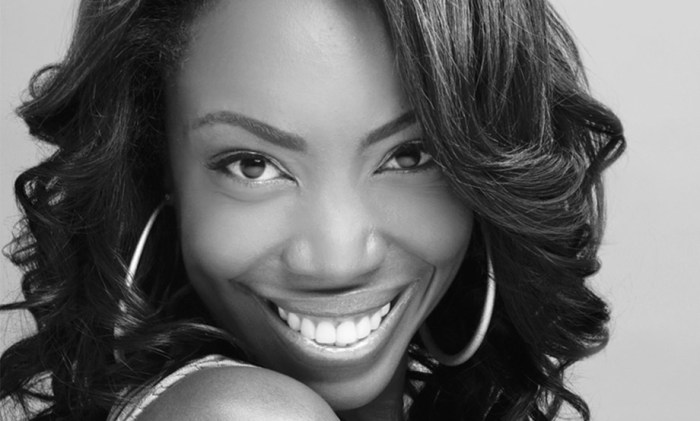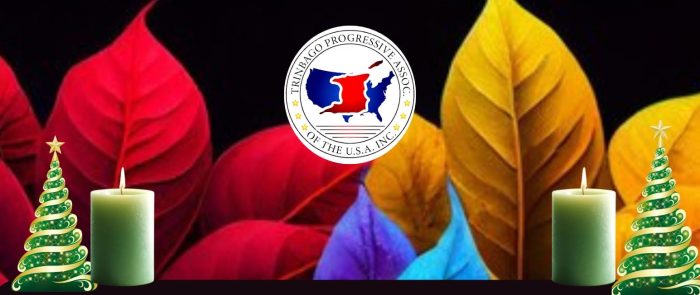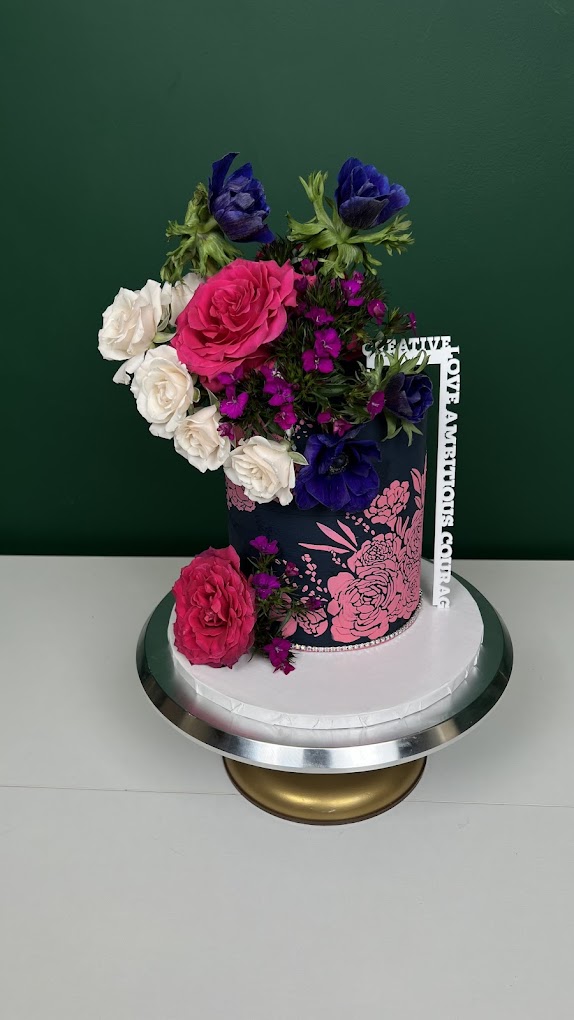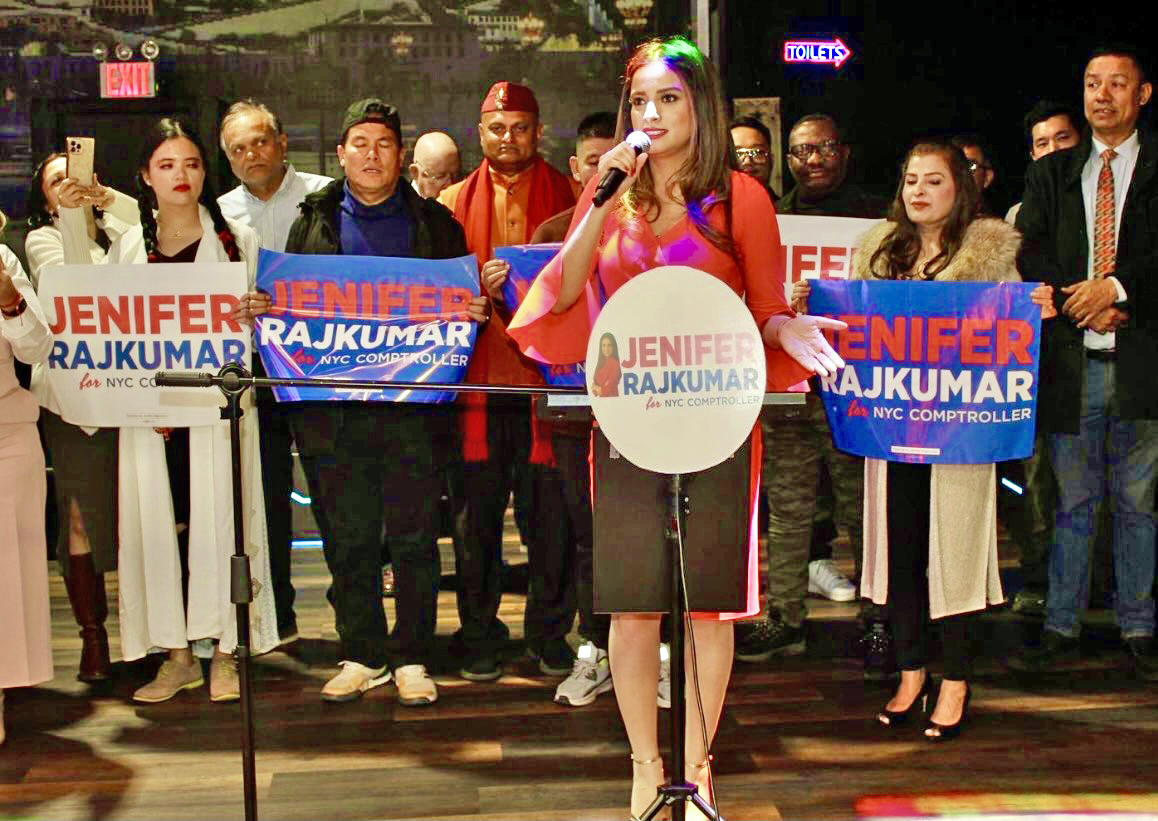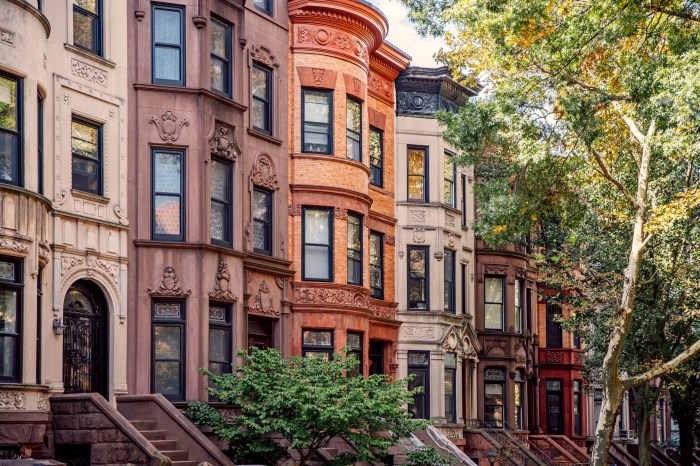United States officials charge that Cuban government agents have increased their verbal harassment of U.S. diplomats in Havana in the past year.
Officials claim that Cuban agents have been shouting epithets at diplomats from moving cars and publishing photos of their vehicles.
“They’ve done this for quite some time, but over the last year or so they seem to have gotten nastier,” an official, who prefers to be anonymous, told reporters in Washington. “We have asked them to stop, and they have not.”
U.S. officials said the heightened harassment appears linked to Cuban President Raúl Castro’s ongoing crackdown on government critics.
Human rights groups in Havana reported about 4,115 short-term arrests of dissidents in 2011, compared to 1,765 the previous year.
“When the security forces go after dissidents, (the U.S. diplomats) are usually in the neighborhood and catch the flak, too,” the official said.
A senior State Department official said Washington is “concerned about the continued harassment and vilification of our diplomatic mission staff in Havana, who are simply performing their normal diplomatic duties.
“We have reminded the Cuban government on a number of occasions that under the Vienna Conventions, this kind of treatment of diplomatic personnel is not acceptable,” said the official, who sought anonymity because of department policies.
Since Cuba and the United States don’t have normal diplomatic relations, they each maintain an Interests Section in each other’s capital to handle consular affairs and other matters.
The Cuban government regularly labels dissidents as “mercenaries” paid by Washington to undermine the socialist system, and views anyone who approaches government critics with suspicion.
Earlier this month, Cuba expressed its ire at the U.S. appointment of Ricardo Zuniga, who served as a human rights monitor at the U.S. Interests Section in Havana in 2003, as head the National Security Council’s Western Hemisphere section.
The official Cuban newspaper, Granma reported that Zuniga handled the “work of subversion and destabilization” and was “a traveling salesman for the most retrograde and anti-Cuban ideas.”
The U.S. government officials said restrictions on travel for both U.S. and Cuban diplomats assigned to their respective Interests Sections remain tight, despite repeated Obama administration proposals to ease them significantly.
Officials here said U.S. diplomats in Havana and Cuban diplomats in Washington and at the United Nations now must ask permission of the host government before they can travel outside established boundaries, roughly a 25-mile radius.
But U.S. officials said there have been little or no problems with visa approvals for U.S. and Cuban diplomats assigned to work in each other’s countries, because both sides are interested in maintaining efficient diplomatic missions.


